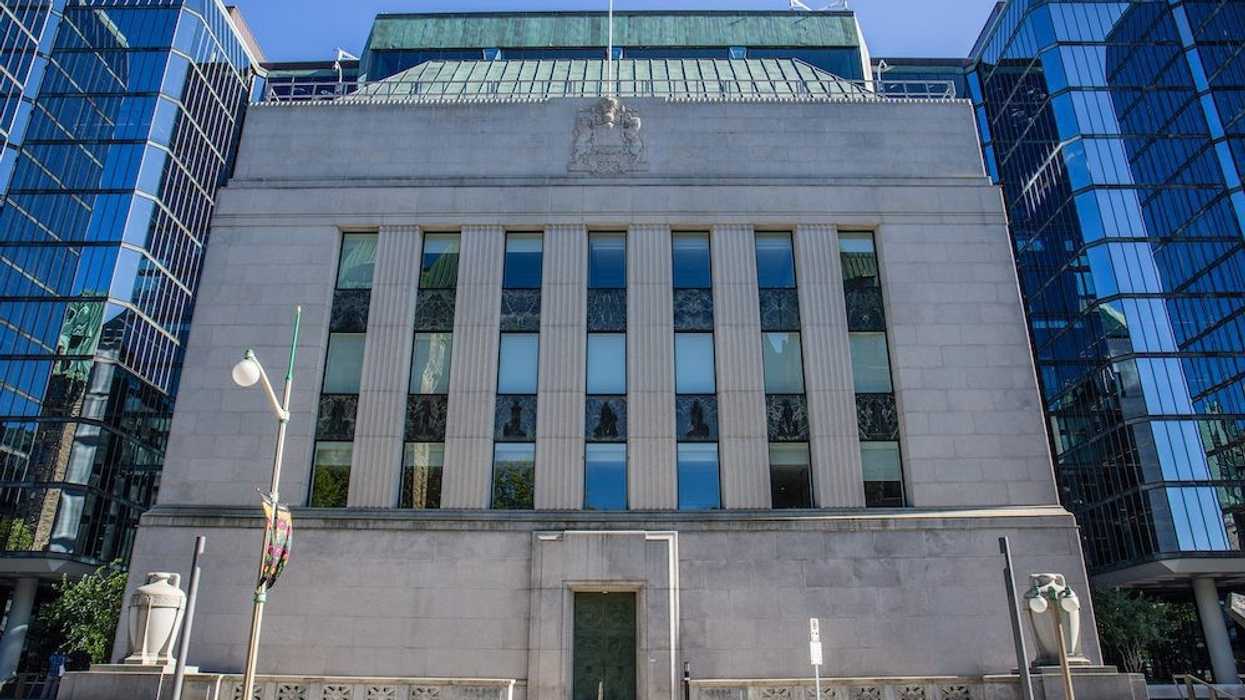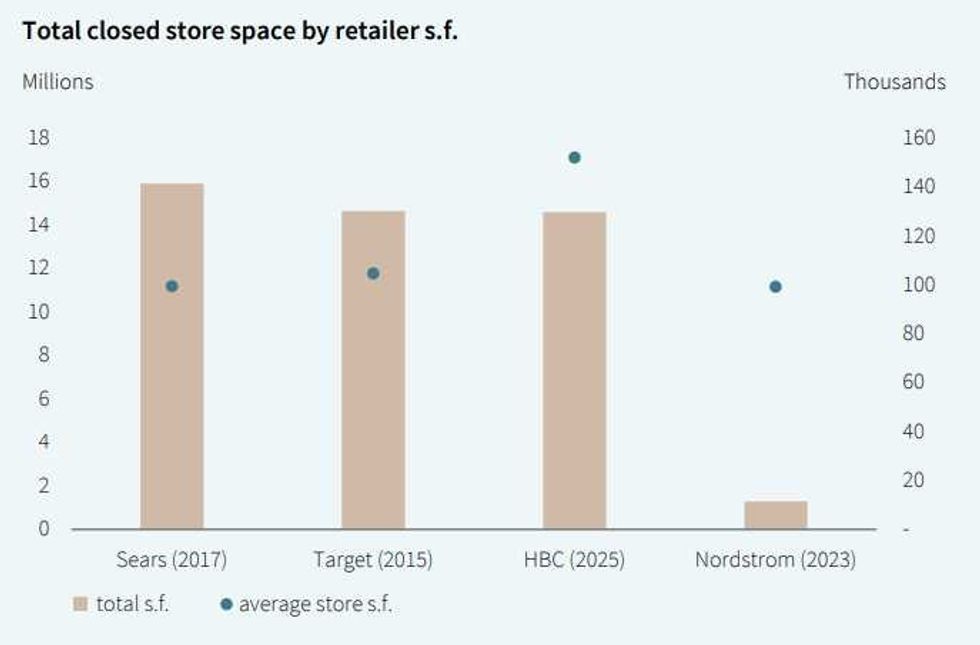Pari Passu
Understand pari passu clauses in Canadian lending — what they are, why they matter, and how they protect creditors.

August 08, 2025
What is a Pari Passu Clause?
A pari passu clause is a contractual provision ensuring that multiple creditors share equally in repayment priority from the borrower’s assets.
Why Pari Passu Clauses Matter in Real Estate
In Canadian lending and real estate finance, pari passu clauses prevent one creditor from being subordinated to another without agreement.
Key points:
- Ensures creditors rank equally for repayment
- Protects lenders from being disadvantaged in insolvency
- Often found in loan agreements and bond covenants
Understanding pari passu clauses helps lenders and investors manage risk.
Example of a Pari Passu Clause in Action
The loan agreement included a pari passu clause giving all participating lenders equal priority for repayment.
Key Takeaways
- Guarantees equal ranking among creditors
- Common in loan and bond agreements
- Protects lenders during borrower default or insolvency
- Can impact willingness of creditors to lend
- Must be clearly defined in contracts
Related Terms
- Subordination Agreement
- Mortgage
- Debt Service Ratios
- Personal Property Security Act
- Encumbrance

 401-415 King Street West. (JLL)
401-415 King Street West. (JLL)
 Eric Lombardi at an event for Build Toronto, which is the first municipal project of Build Canada. Lombardi became chair of Build Toronto in September 2025.
Eric Lombardi at an event for Build Toronto, which is the first municipal project of Build Canada. Lombardi became chair of Build Toronto in September 2025.







 Rendering of 9 Shortt Street/CreateTO, Montgomery Sisam
Rendering of 9 Shortt Street/CreateTO, Montgomery Sisam Rendering of 1631 Queen Street/CreateTO, SVN Architects & Planners, Two Row Architect
Rendering of 1631 Queen Street/CreateTO, SVN Architects & Planners, Two Row Architect Rendering of 405 Sherbourne Street/Toronto Community Housing, Alison Brooks Architects, architectsAlliance
Rendering of 405 Sherbourne Street/Toronto Community Housing, Alison Brooks Architects, architectsAlliance


 Hudson’s Bay vacated about as much space as Target did in 2015. (JLL)
Hudson’s Bay vacated about as much space as Target did in 2015. (JLL)